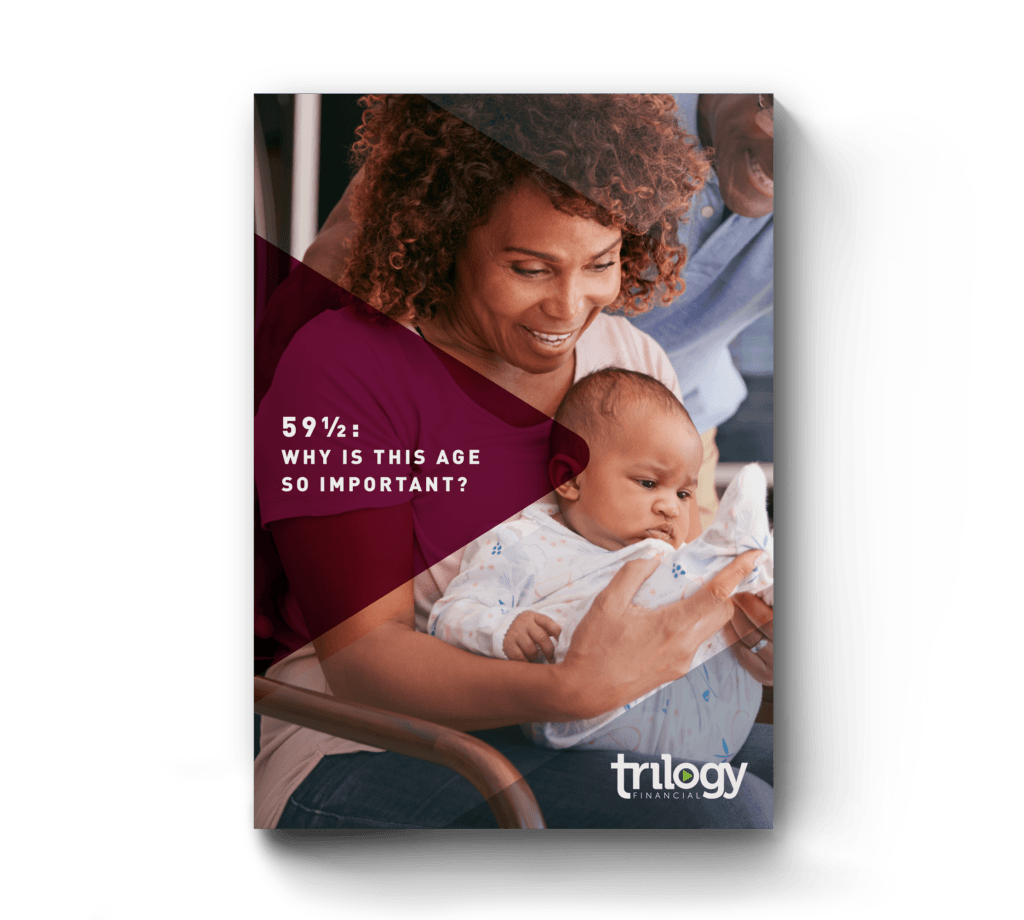It’s graduation season, and there’s an excitement in the air about starting a new chapter. Mixed in with this excitement is an element of stress to make the right decisions: decisions on how things should be done, when they should be done and where they should be done. All these decisions are common, but they often distract from the purpose of what comes after high school.
We need to remember that higher education has a purpose. It’s more than an experience. The purpose of a college degree is employment. It is an investment, and as with any other investment, you should be calculating the return on that investment. Spending $100,000 for a degree that secures a job with an annual salary of $40,000 is not the best rate of return.
There are plenty of creative ways to get a great college education without breaking the bank. Parents can start a 529 plan, the earlier the better, to help cover costs. Students can begin their higher education at a community college or secure college credit via Advance Placement (AP) exams. Additionally, students need to be sure that the field they are spending their time and energy on is going to reciprocate by providing solid career opportunities.
Making the wrong decision is not simply an unwise financial move. It can have lasting implications. Recent figures show that outstanding student loan debt has reached $1.5 trillion[i]. Our younger generation is not only struggling under this debt, they are also pushing off other personal and financial milestones, such as purchasing a house[ii], getting married or starting a family[iii]. These decisions can have long-lasting and far-reaching consequences.
Lastly, let’s not forget the countless parents who put their path to financial independence on hold to financially assist their struggling children. While wanting to financially help your loved ones is admirable, it helps no one to offer assistance at the expense of your own security. Just like when traveling by airplane, you need to put your own oxygen mask on and secure your safety first before aiding others. There are no scholarships for retirement, and you won’t have a financial safety net for the future if you don’t work towards creating it now.
College is truly an exciting time. Our young adults are learning who they are, where they want to go and how they intend to get there. At the same time, we cannot forget that college is a fleeting moment, one that is meant to arm the student with the tools needed to create a brighter and more successful future. Be sure to chat with your students to ensure that this experience does just that, rather than straddle these students with debt and stress.
[i] https://www.marketwatch.com/story/student-debt-just-hit-15-trillion-2018-05-08
[iii] https://www.bankrate.com/loans/student-loans/student-loans-survey-february-2019/
The opinions voiced in this material are for general information only and are not intended to provide specific advice or recommendations for any individual.
Prior to investing in a 529 Plan investors should consider whether the investor's or designated beneficiary's home state offers any state tax or other state benefits such as financial aid, scholarship funds, and protection from creditors that are only available for investments in such state's qualified tuition program. Withdrawals used for qualified expenses are federally tax free. Tax treatment at the state level may vary. Please consult with your tax advisor before investing.
The opinions voiced in this material are for general information only and are not intended to provide specific advice or recommendations for any individual.
Prior to investing in a 529 Plan investors should consider whether the investor's or designated beneficiary's home state offers any state tax or other state benefits such as financial aid, scholarship funds, and protection from creditors that are only available for investments in such state's qualified tuition program. Withdrawals used for qualified expenses are federally tax free. Tax treatment at the state level may vary. Please consult with your tax advisor before investing.
Disclaimer:
The opinions voiced in this material are for general information only and are not intended to provide specific advice or recommendations for any individual.
Stock investing involves risk including loss of principal.
Bonds are subject to market and interest rate risk if sold prior to maturity. Bond values will decline as interest rates rise and bonds are subject to availability and change in price.
There is no guarantee that a diversified portfolio will enhance overall returns or outperform a non-diversified portfolio. Diversification does not protect against market risk.
Investing in mutual funds involves risk, including possible loss of principal.
The principal value of a target fund is not guaranteed at any time, including at the target date. The target date is the approximate date when investors plan to start withdrawing their money.
No strategy assures success or protects against loss.


